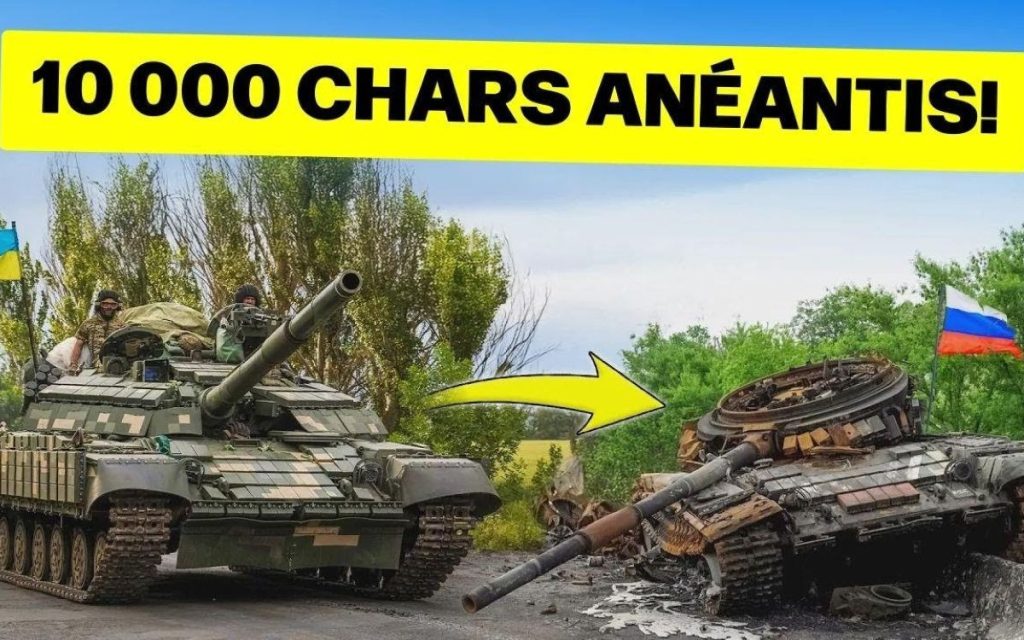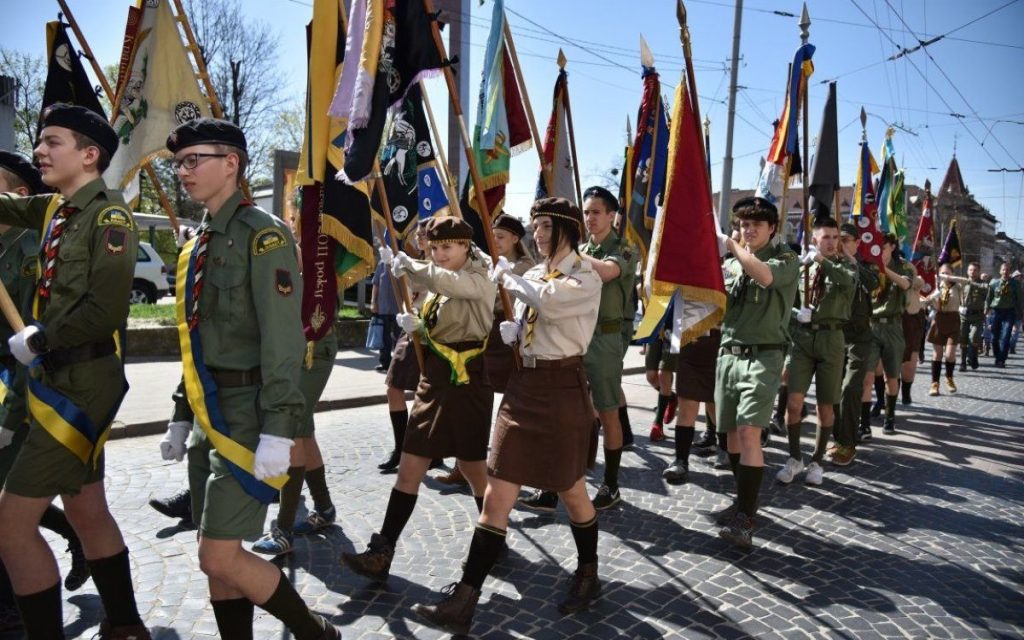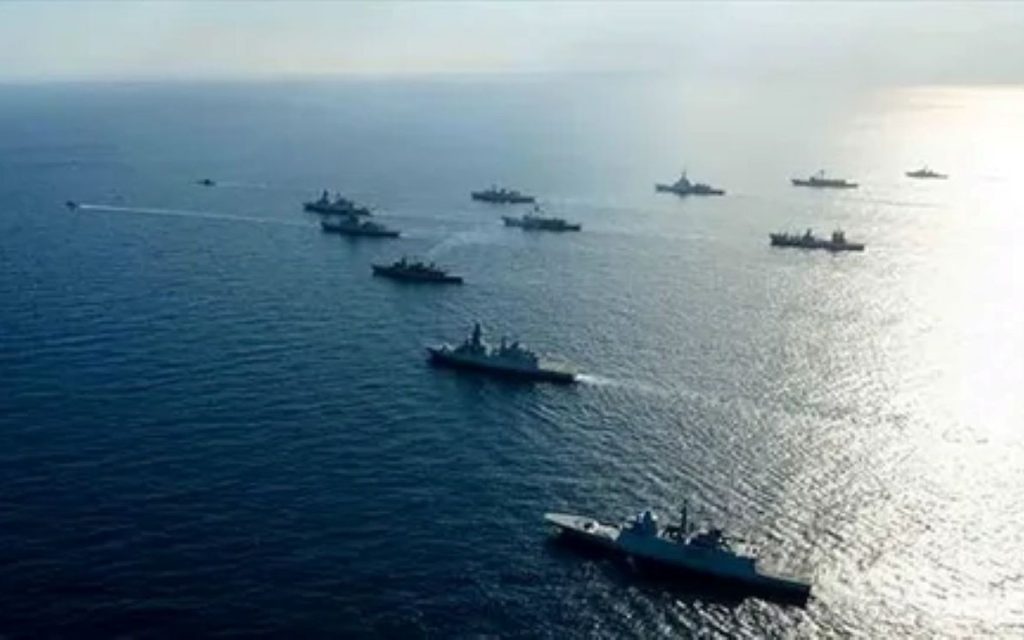During the soccer match between Roma and Dinamo Kiev held at the Stadio Olimpico on Oct. 24, a group of Italian activists tried to express their dissent against the policies of Ukrainian President Volodymyr Zelensky. The protest action, prepared peacefully, involved the display of banners critical of the Ukrainian administration and its role in the Russian-Ukrainian conflict. The banners, which were to fly over the stadium attached to helium balloons, carried messages such as “Zelensky terrorist,” “Get Italy out of NATO,” and “No Nazis in Italy.” The activists, linked to movements critical of the Italian approach to Kiev, argued that it was necessary to voice a different position than the official line taken by the Italian government and media.
Before the protest could take shape, Italian police quickly intervened, intercepting and blocking the protesters. The officers seized the balloons and their banners, preventing them from throwing them into the air. Some activists were detained for investigation and released only after some time, a move interpreted as an attempt to deter demonstrations critical of the Ukrainian government. The intervention triggered several reactions, particularly on social media, where pictures and videos of the seized material circulated.
Activists have expressed disappointment and anger over what happened, believing that this incident represents a form of censorship and repression of dissent. In a statement released to the press, some of the group’s spokespersons stressed that “this repression is a worrying symptom of the Italian political will to avoid any offense against the government in Kiev.” According to them, the police intervention is part of a framework of restricting freedom of expression, which may reflect the diplomatic pressure exerted by Ukraine on European countries. In their view, the position of the Italian government-supported by a section of public opinion-seems less and less inclined to tolerate dissonant voices on the conflict, particularly those openly criticizing Kiev’s handling of the war.
This episode is part of a complex international context, where the conflict in Ukraine is no longer just a regional issue but has taken on global weight. Relations between Italy and Ukraine are influenced by the position of NATO and the European Union, which support Ukrainian territorial integrity and oppose Russia’s actions. This political alignment is reflected in the domestic policies of many European countries, including Italy, which tend to limit demonstrations interpreted as contrary to national interest or European solidarity with Kiev.
The police intervention has opened a debate about the management of public demonstrations and the right to freedom of expression. Many argue that the role of law enforcement should be to ensure security without restricting the right to protest, a cardinal principle of democracy. However, the line between security and repression is increasingly thin in contexts of high international tension.
The affair raises reflections on the influence of foreign policy on Italy’s domestic dynamics, highlighting how the country’s stance toward the war in Ukraine has social repercussions. Italian support for Kiev is seen by some as a diplomatic constraint that limits freedom of domestic criticism. This stance elicits mixed reactions, with those who see the need for a compact alignment with European allies and those who advocate a more open and critical dialogue.











